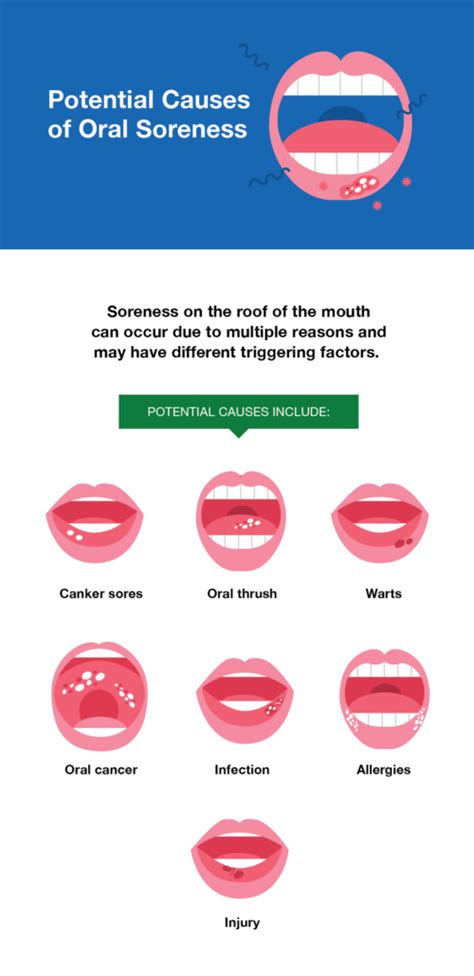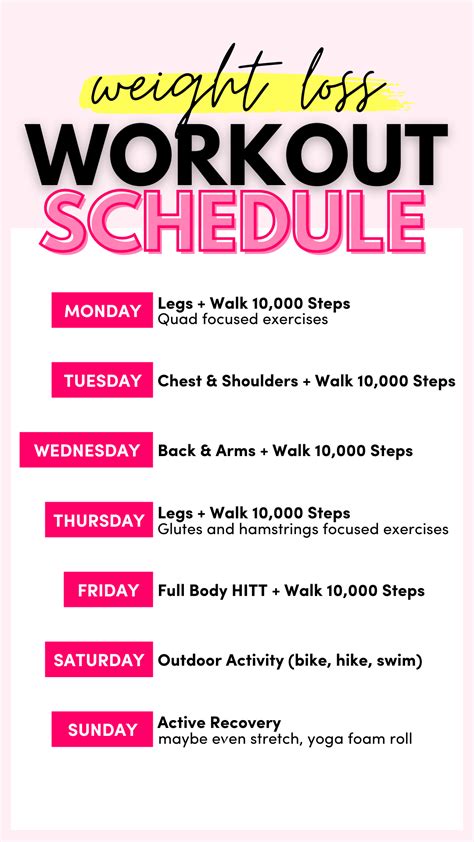Introduction:
Hair loss, or alopecia, is a common problem that affects millions of women worldwide. It can be caused by various factors, including genetics, hormonal changes, medical conditions, and lifestyle habits. While some degree of hair loss is normal with age, excessive hair shedding can be distressing and impact a woman’s self-confidence. Fortunately, several effective strategies can help prevent hair fall and promote healthy hair growth.

Understanding the Causes of Hair Loss in Women:
To develop effective prevention strategies, it is crucial to understand the underlying causes of hair loss in women. Here are some common culprits:
-
Genetics: The most common cause of hair loss in women is androgenetic alopecia, also known as female-pattern hair loss. This condition is inherited and occurs due to the increased sensitivity of hair follicles to androgens, a group of male hormones.
-
Hormonal Changes: Hormonal imbalances, such as those experienced during pregnancy, menopause, or thyroid disorders, can disrupt the hair growth cycle and lead to excessive shedding.
-
Medical Conditions: Certain medical conditions, including alopecia areata (an immune disorder that attacks hair follicles), scalp infections, and autoimmune diseases, can also cause hair loss.
-
Lifestyle Habits: Poor nutrition, stress, and lack of sleep can weaken hair follicles and contribute to hair shedding.
5 Essential Tips to Prevent Hair Fall in Women:
Based on the understanding of hair loss causes, here are five essential tips to help women prevent excessive hair fall and promote healthy hair growth:
1. Maintain a Healthy Diet:
A well-balanced diet rich in essential nutrients is crucial for healthy hair. Foods high in protein, iron, zinc, and biotin support hair growth and prevent hair loss.
Protein: Hair is primarily composed of protein, known as keratin. Adequate protein intake is necessary for hair follicle health and hair shaft production.
Iron: Iron deficiency (anemia) can lead to hair loss. Iron-rich foods such as red meat, leafy green vegetables (spinach, kale), and fortified cereals are essential for preventing iron deficiency-related hair loss.
Zinc: Zinc is involved in hair follicle development and cell division. Zinc deficiency has been linked to hair loss. Good sources of zinc include nuts, beans, seafood, and dairy.
Biotin: Biotin (vitamin B7) is a crucial nutrient for hair growth. Biotin deficiency can cause brittle hair and hair loss. Good sources of biotin include eggs, liver, and avocados.
2. Manage Stress Levels:
Stress can have a significant impact on hair health. High levels of stress can lead to hormonal imbalances, which can trigger hair loss.
Cortisol: Cortisol is a hormone released by the body in response to stress. Elevated cortisol levels can disrupt the hair growth cycle and lead to hair thinning.
Adrenaline: Adrenaline, another hormone released during stress, can cause blood vessels in the scalp to narrow, reducing blood flow to hair follicles and impairing hair growth.
- Relaxation techniques: Engage in stress-reducing activities such as yoga, meditation, or deep breathing exercises.
- Exercise: Regular exercise can help reduce stress levels and improve overall health.
- Sufficient Sleep: Aim for 7-9 hours of quality sleep each night.
3. Use Hair-Strengthening Products:
Choosing hair care products specifically designed to strengthen and protect hair can help prevent hair loss.
Shampoos and Conditioners: Look for shampoos and conditioners that contain ingredients like biotin, keratin, and amino acids, which can help strengthen hair shafts and promote hair growth.
Leave-In Treatments: Leave-in conditioners or hair masks can provide additional nourishment and protection to hair. Ingredients like argan oil, coconut oil, or shea butter can help moisturize and repair damaged hair, reducing breakage and hair fall.
Scalp Serums: Scalp serums containing active ingredients like minoxidil or rosemary oil have been shown to stimulate hair growth and reduce hair loss.
4. Avoid Damaging Hair Habits:
Certain hair styling and grooming practices can damage hair and contribute to hair fall.
Heat Styling: Excessive use of heat styling tools, such as blow dryers, curling irons, and flat irons, can damage hair cuticles and lead to breakage.
Tight Hairstyles: Tight hairstyles, such as cornrows, braids, or buns, can put tension on hair follicles and cause hair loss.
Chemical Treatments: Chemical hair treatments, such as coloring, perming, and relaxing, can weaken hair and make it more susceptible to breakage.
5. Seek Professional Advice:
If you are experiencing excessive hair fall, it is crucial to consult a healthcare professional, such as a dermatologist or trichologist.
Underlying Medical Conditions: A doctor can determine if there is an underlying medical condition causing hair loss and recommend appropriate treatment.
Medication: In some cases, medications like minoxidil (Rogaine) or finasteride (Propecia) may be prescribed to prevent further hair loss and promote hair growth.
Lifestyle Modifications: A doctor can provide personalized advice on lifestyle modifications, such as dietary changes, stress management techniques, and hair care recommendations.
Additional Tips & Tricks:
In addition to the tips mentioned above, here are some additional measures that may help prevent hair fall in women:
- Avoid harsh hair products containing sulfates or parabens.
- Use a wide-toothed comb to detangle hair gently.
- Trim split ends regularly to prevent breakage.
- Protect hair from sun damage by wearing a hat or scarf.
- Consider taking hair supplements containing vitamins, minerals, and herbs that support hair growth.
Conclusion:
Hair loss can be a distressing problem for women. However, by understanding the causes and embracing effective prevention strategies, it is possible to reduce hair fall and promote healthy hair growth. By following the tips outlined in this article and seeking professional advice when necessary, women can maintain strong, beautiful hair for years to come.
Remember that preventing hair loss is a multi-faceted approach involving a healthy diet, stress management, proper hair care, and consulting healthcare professionals when needed. By consistently incorporating these tips into your lifestyle, you can significantly improve your hair health and prevent excessive hair shedding.
















